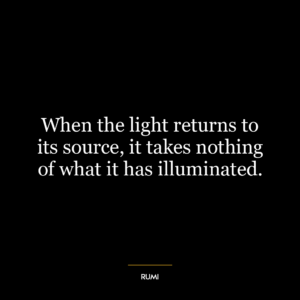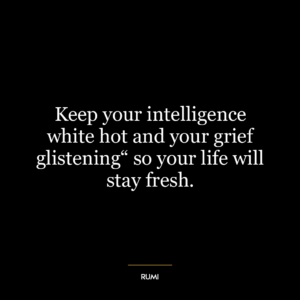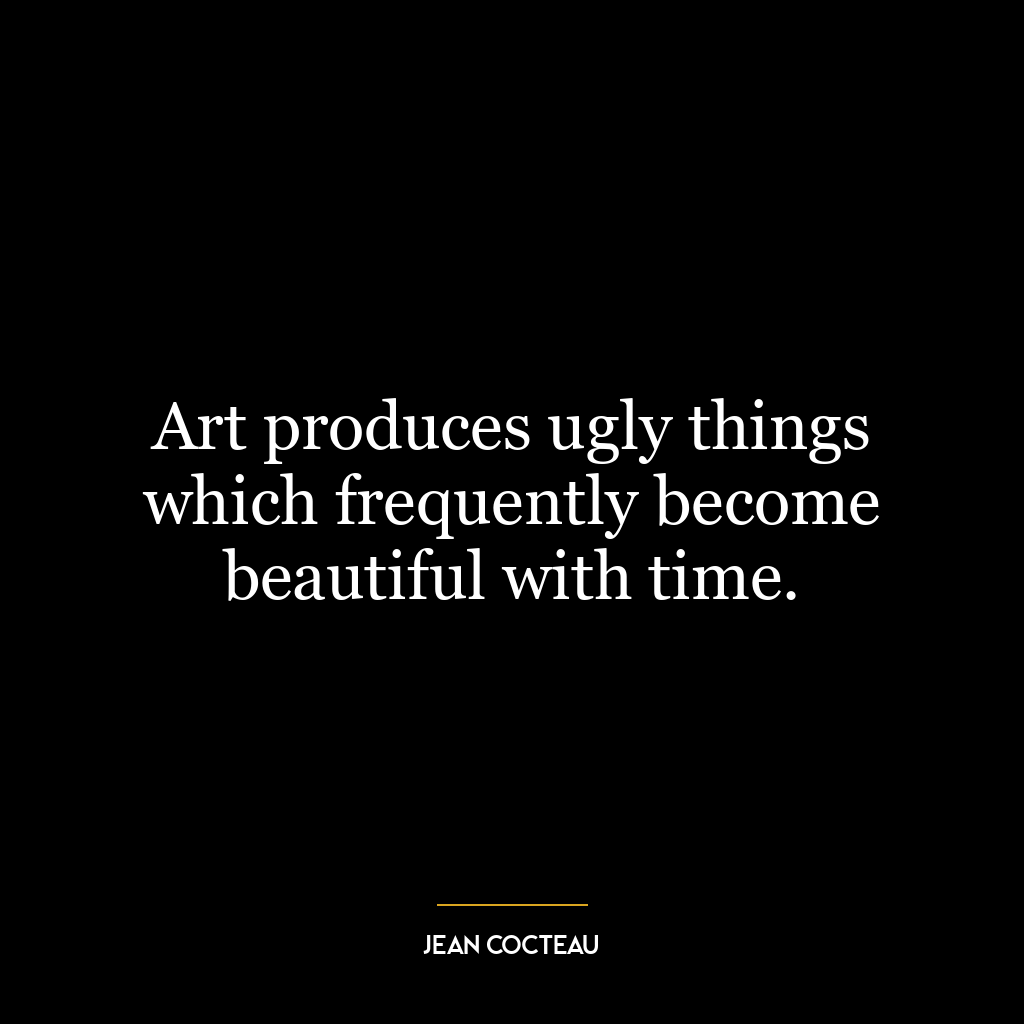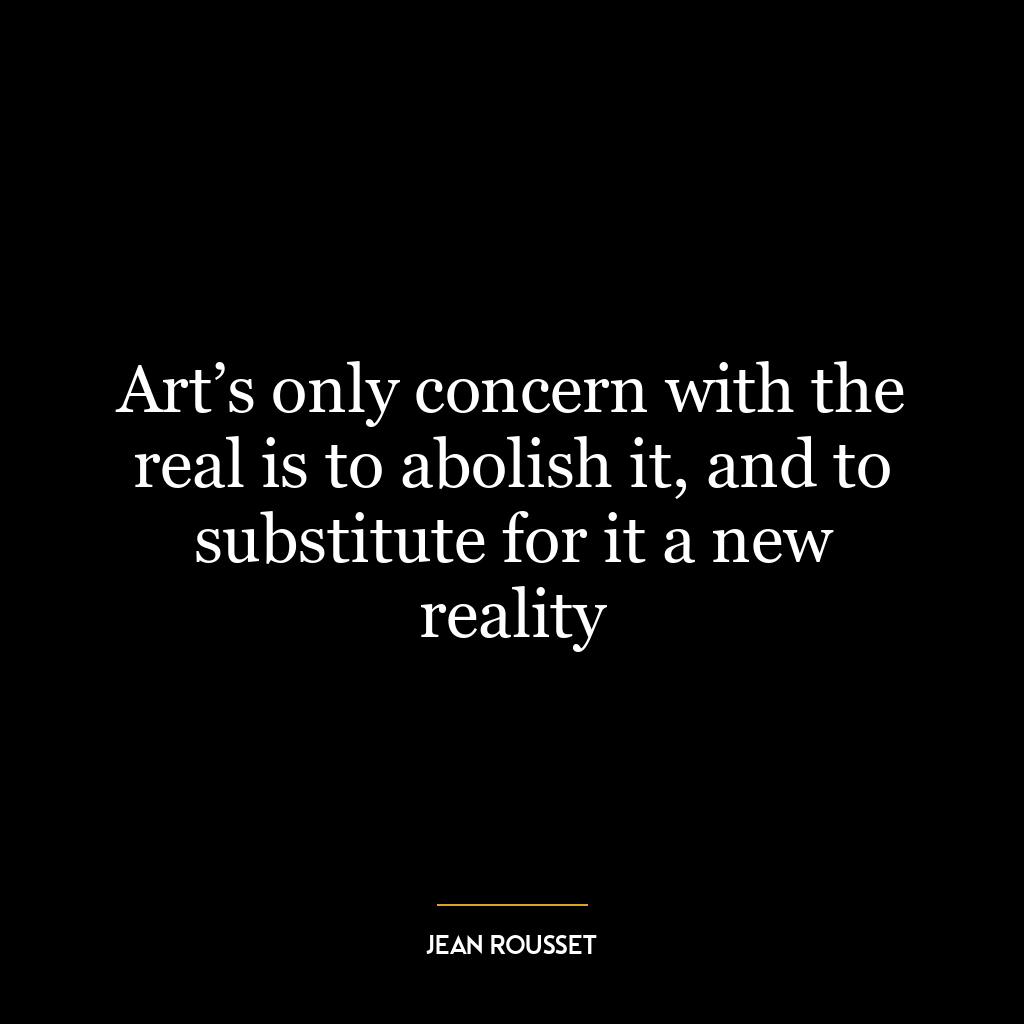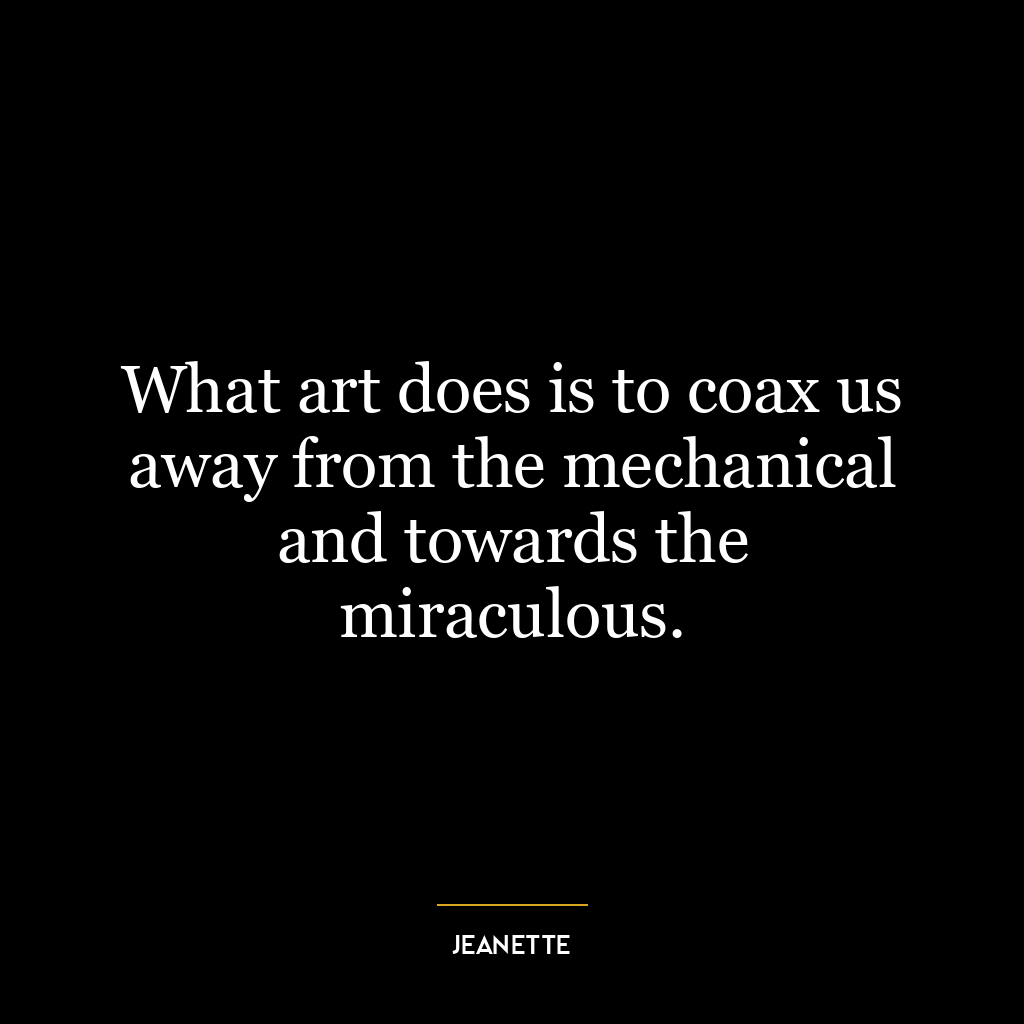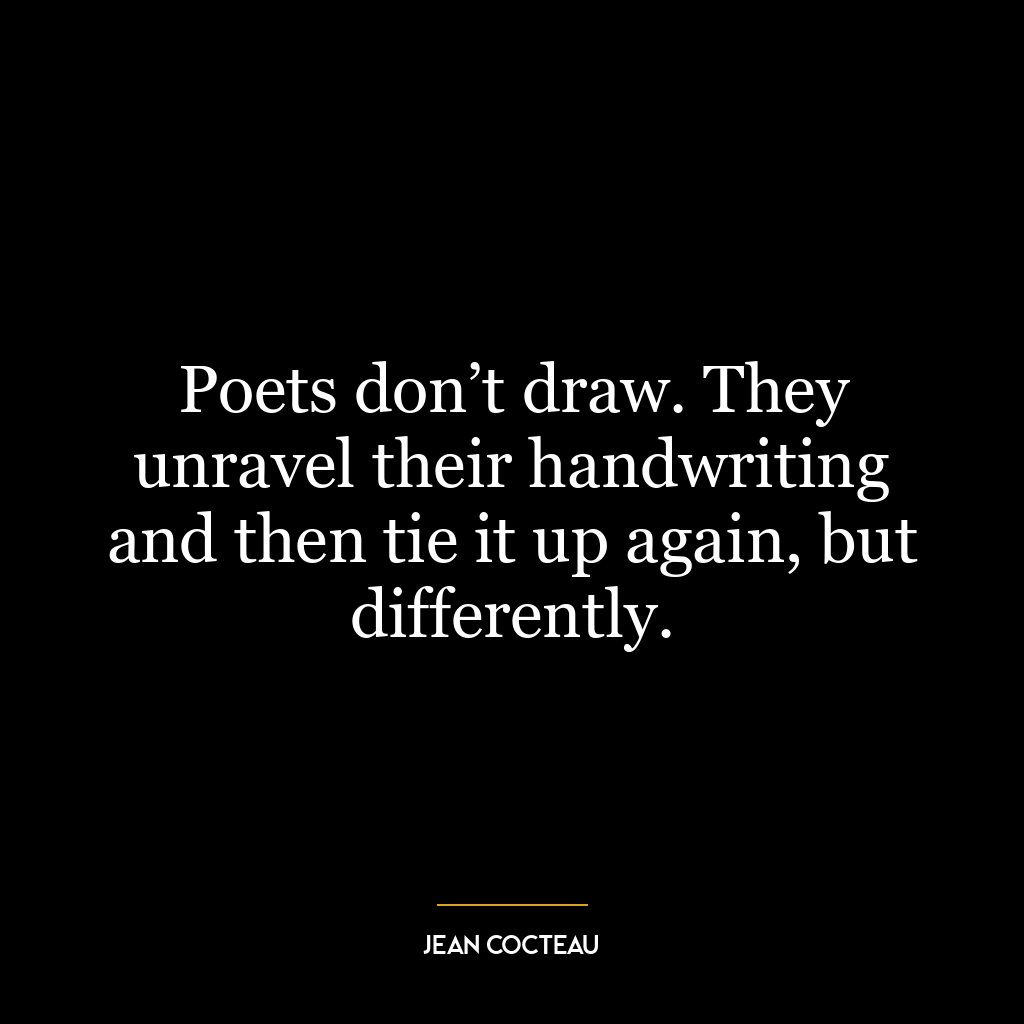This quote emphasizes the transformative power of kindness and honesty. The ‘harmful poisons’ Rumi refers to can be interpreted as negative emotions or experiences such as anger, jealousy, hatred, or bitterness. When we harbor these feelings, they can poison our minds, leading to unhappiness and even physical illness. However, if we choose to respond to these negative experiences with kindness and honesty, they can ’turn sweet,’ meaning they lose their destructive power and can even become sources of growth and wisdom.
Kindness can be seen as an antidote to these harmful poisons. By treating others with kindness, we can neutralize the negativity within us. It’s a way of not letting the outside world dictate our inner peace. Honesty, on the other hand, is about being true to oneself. It’s about acknowledging our feelings and not hiding from them, which is the first step towards dealing with them effectively.
In today’s world, where negativity often prevails, this quote is more relevant than ever. Many people are quick to react with anger or resentment when faced with adversity. But if we can learn to respond with kindness and honesty, we can transform these negative experiences into opportunities for personal growth.
In terms of personal development, this idea encourages us to cultivate a positive mindset and emotional intelligence. It teaches us to take responsibility for our emotions and reactions, rather than blaming external circumstances or other people. By doing so, we can turn our challenges into stepping stones, and become more resilient and emotionally mature individuals. It’s about changing our perspective and seeing the silver lining in every situation.
In essence, this quote is a reminder that we have the power to choose how we respond to life’s ups and downs. And by choosing kindness and honesty, we can turn even the most harmful poisons sweet.




